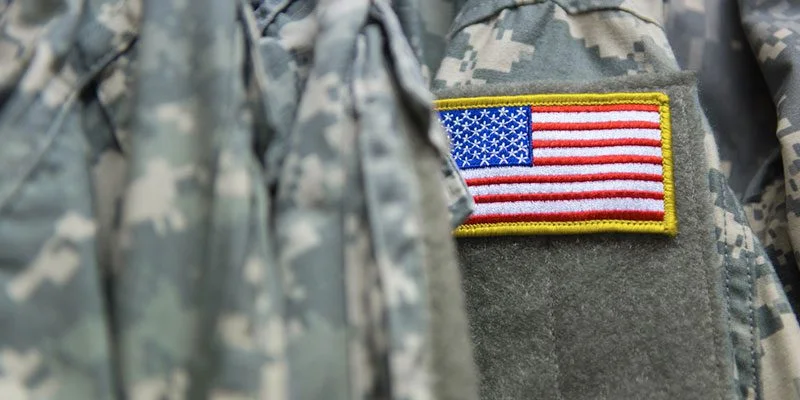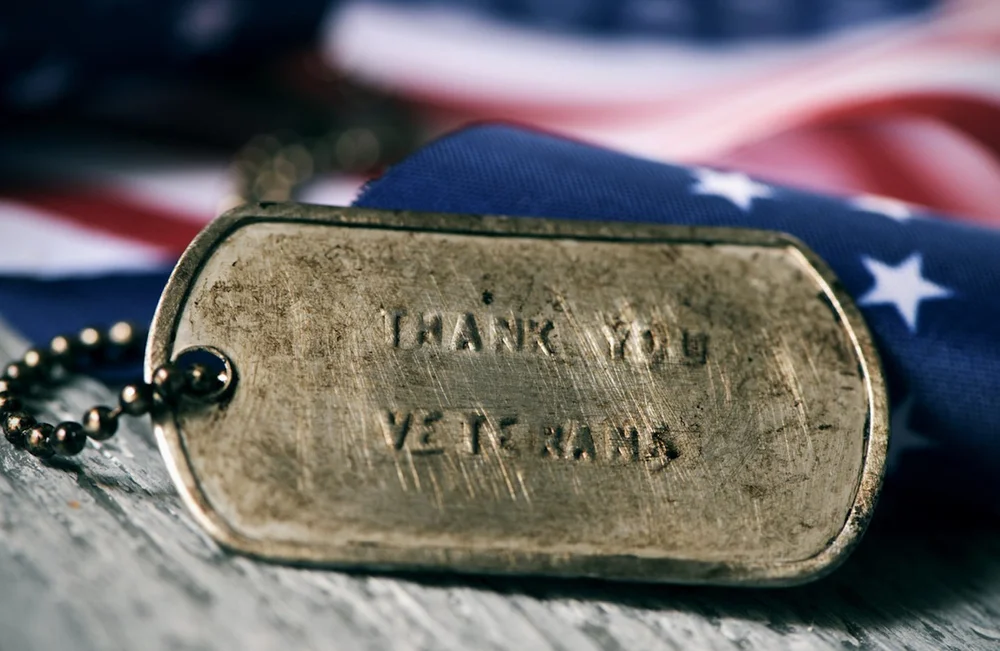Brain Health in Veterans: How to Honor & Support Veterans
“On Veterans Day, we salute the Soldiers, Sailors, Airmen, Marines, and Coast Guardsmen who have rendered the highest service any American can offer, and we rededicate ourselves to fulfilling our commitment to all those who serve in our name.”
President Obama, Veteran’s Day 2014
Veteran’s Day is one day, every year, when we are called by our nation to consider, remember, honor and thank those who have risked their lives and offered themselves for the preservation of our freedoms. Today, we remember what has been risked by these courageous men and women, and more importantly, what has been sacrificed. While these soldiers were fortunate enough to return home with their lives, we must remember that they have still made great sacrifices: time away from their families, physical injuries, and likely even their mental health. According to the U.S. Department of Veterans Affairs, about 11-20 out of every 100 Veterans who served in Operation Iraqi Freedom and Enduring Freedom have PTSD in a given year. PTSD, or Post Traumatic Stress Disorder, is defined as a mental health problem that can develop after experiencing or witnessing a life-threatening or otherwise traumatic event.
While PTSD is not limited to members of the military, its history in soldiers after returning from battle goes back centuries. It has not always been well-understood or even commonly accepted. Previously called nostalgia, soldier’s heart, railway spine, shell shock, battle fatigue, combat stress reaction, and gross stress reaction; these conditions all reflected similar symptoms. In 1980 PTSD was added to the third version of the Diagnostic and Statistical Manual of Mental Disorders or DSM-III. Symptoms of PTSD include:
- Intense recollections such as flashbacks and nightmares
- Inability to recall certain aspects of what happened
- Avoidance of people, places or things that are reminders of the event
- Distressing memories
- Inability to stop thinking about it
- Increased or excessive anxiety
- Always being on guard or “jumpy”
- Feeling emotionally numb
- Problems with sleep
- Anger and irritability
- Depressive symptoms
- Social isolation
It’s important that we do not overlook, or underestimate, the seriousness of this condition. Attempting to return home to normal life, to their families and their previous responsibilities after service can be difficult enough, but suffering from any combination of the symptoms listed above adds more stress to the adjustment process. The length of suffering varies, but can also lead to other struggles, with relationships, jobs, and even addiction. We must do all that we can to help care for our Veterans, and all of those who suffer from PTSD.
At BrainMD, our mission is to help support the brain health of everyone we can. Natural supplements can support the structures and the functions that makeup what we would argue to be the most important organ in our bodies. We also encourage everyone, especially those who think they may be suffering, or know someone who is suffering, from PTSD to seek help. Amen Clinics, a leader in brain health and brain SPECT imaging, helps people suffering from a wide array of conditions to improve their brains.
One great way to help a Veteran in need is by helping them take care of their brain. This may include encouraging them to see someone who can help. By giving them support as a friend or loved one, this is a great way to show your respect, honor, and thank them for their sacrifice. BrainMD would like to thank all the men and women who have served, and continue to serve both near and far, in order to protect our freedoms and our safety. We are able to continue the work we do, because of you. Thank you.
- Veterans Day: One Warrior Shares Some of the Best Ways to Heal from Trauma - November 2, 2023
- Could Your Mood Issues Be Linked to a Pain In the Neck? - October 13, 2023
- What’s At the Root of Your Sciatic Nerve Pain? - September 20, 2023

